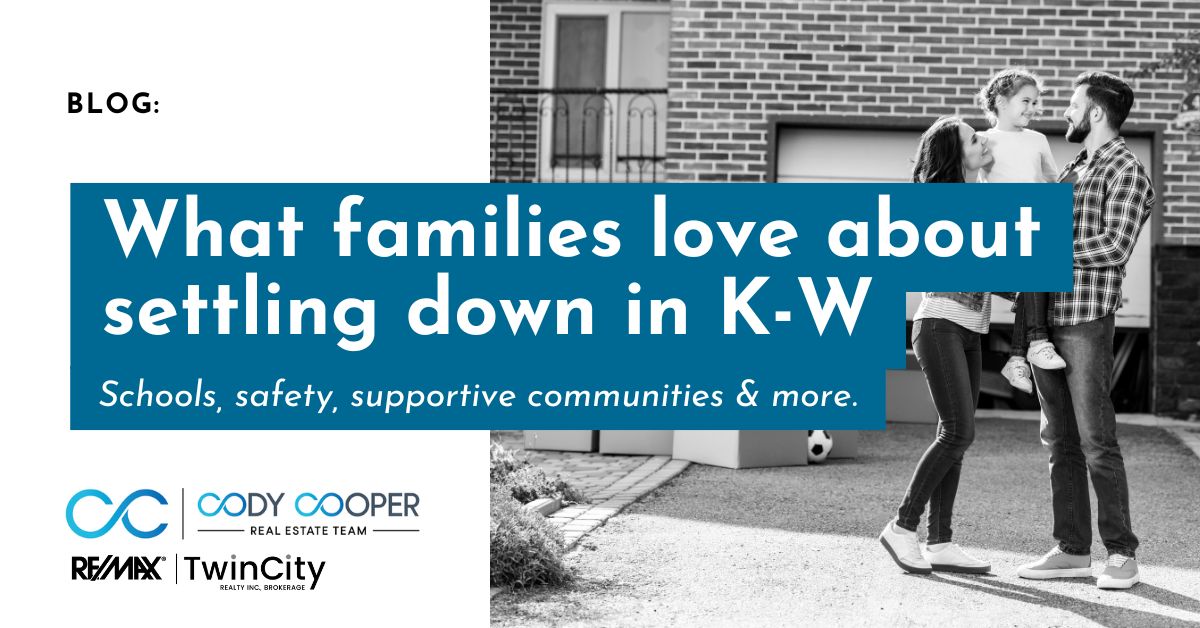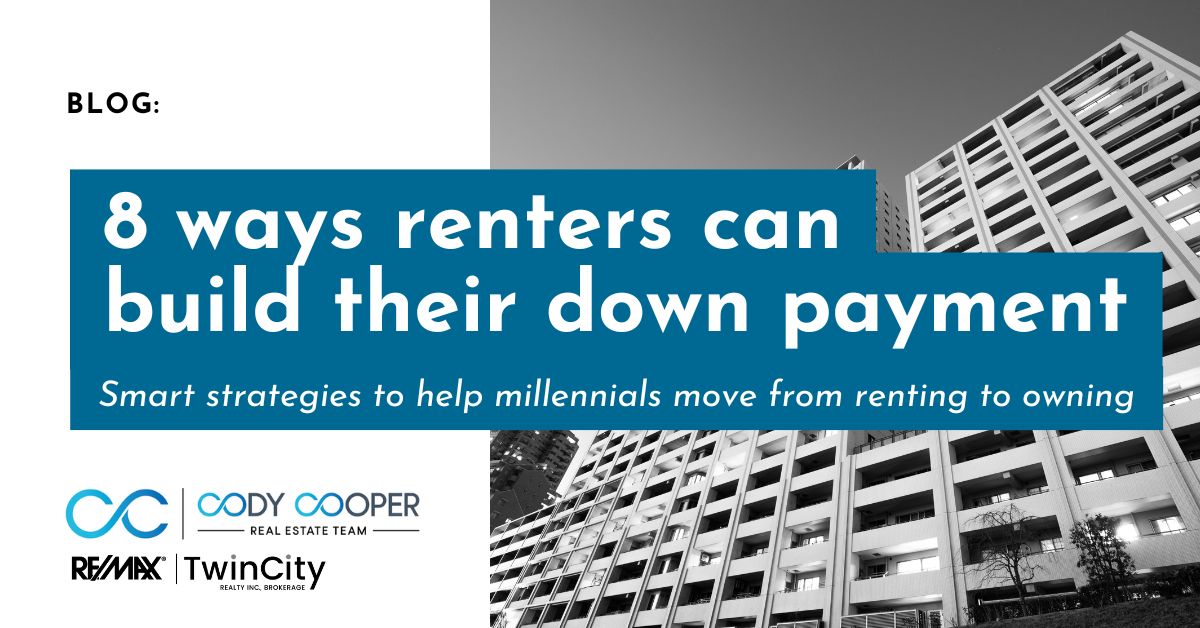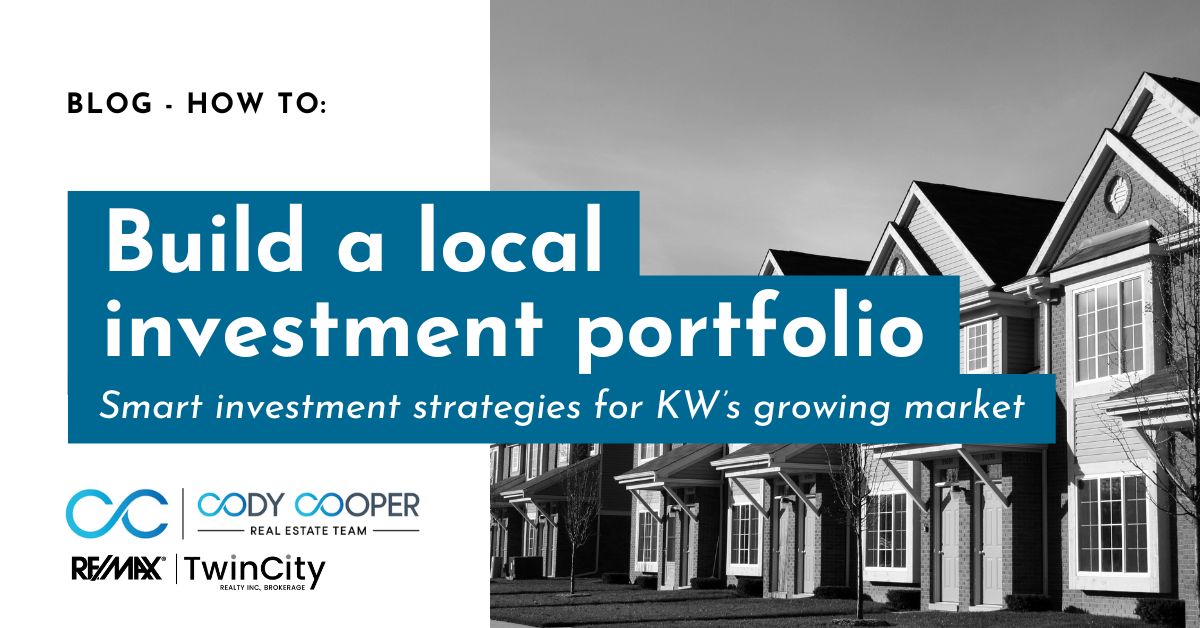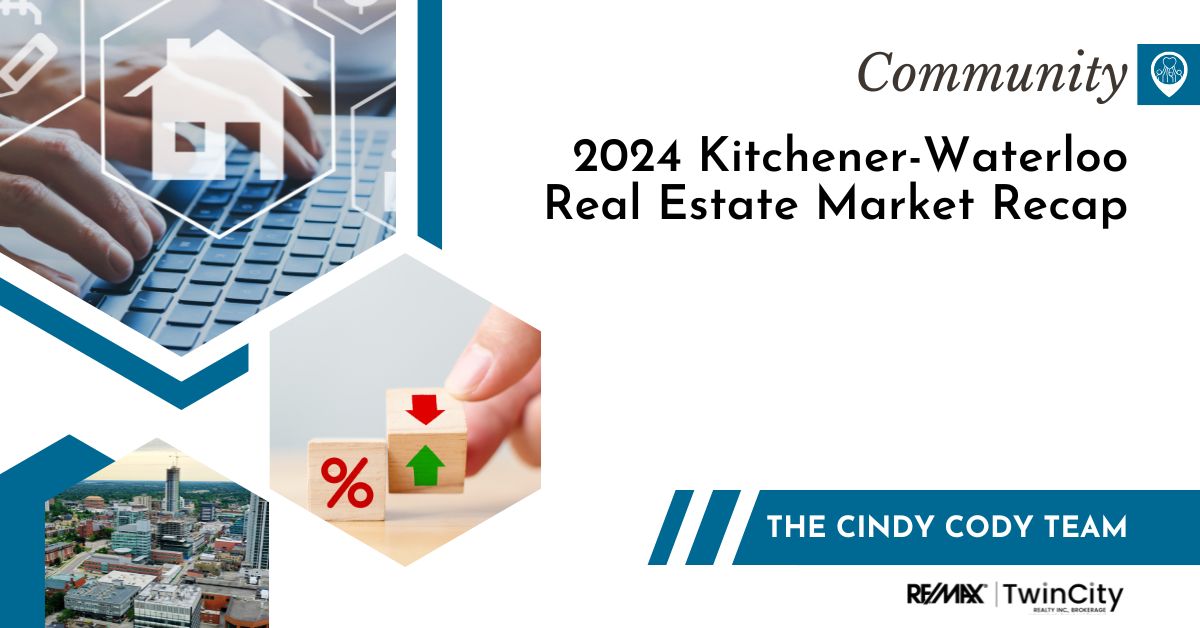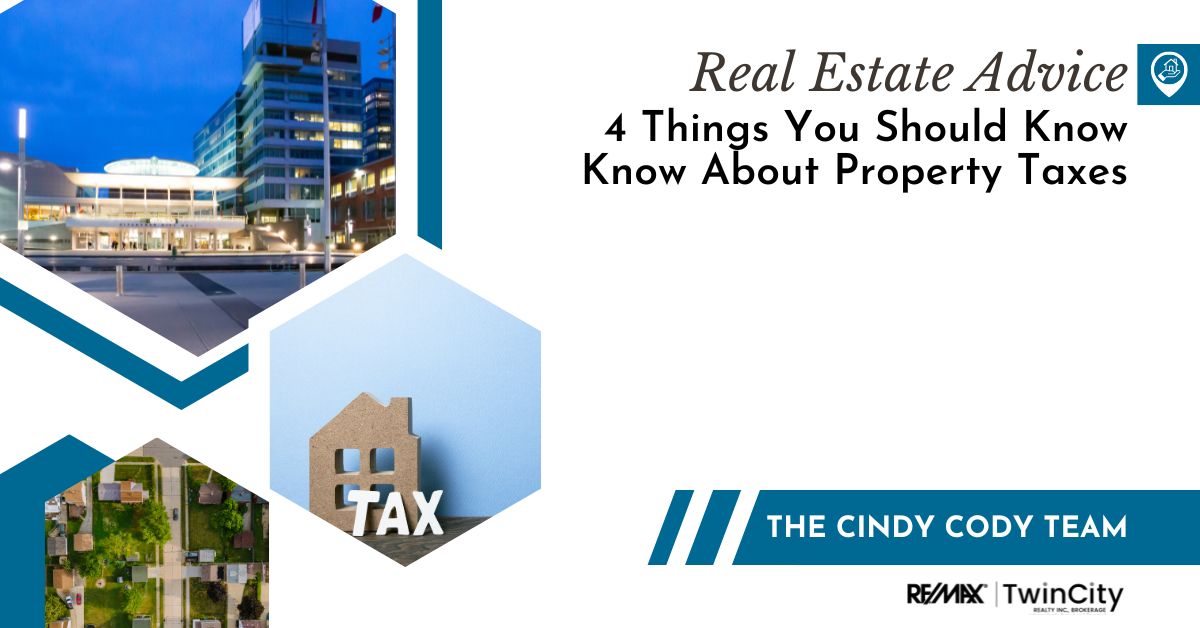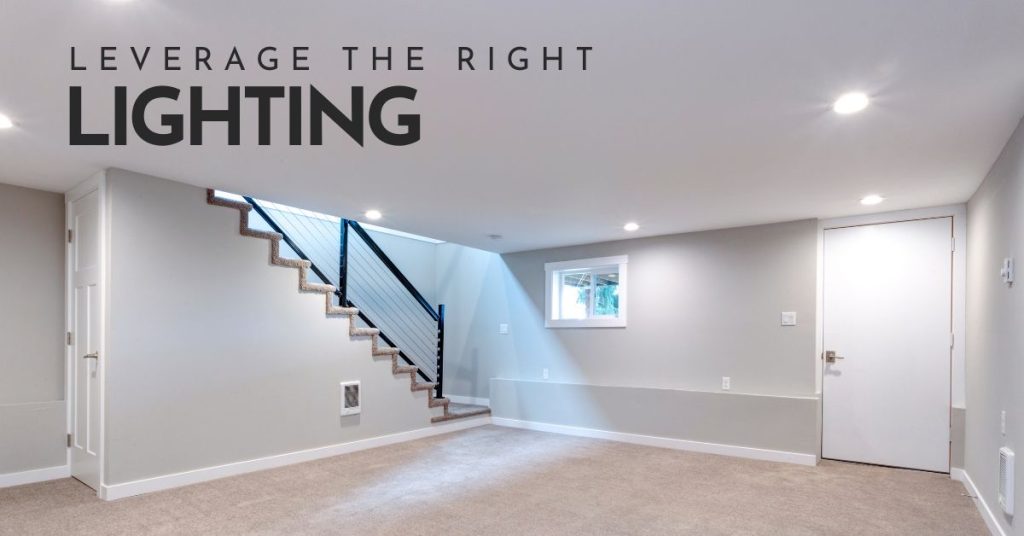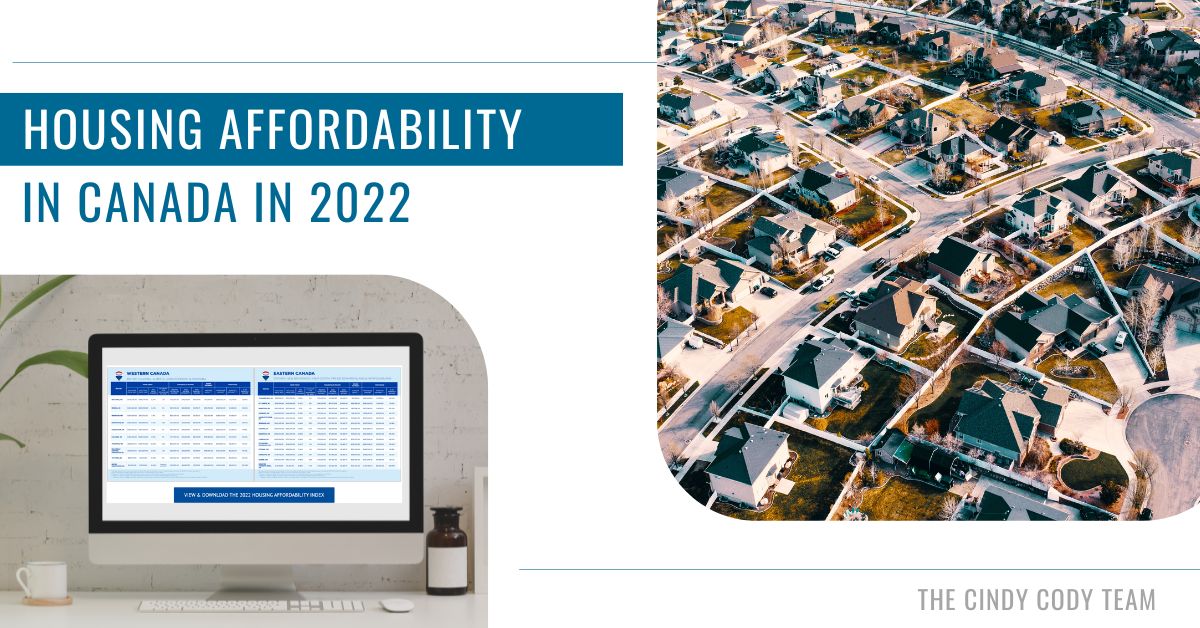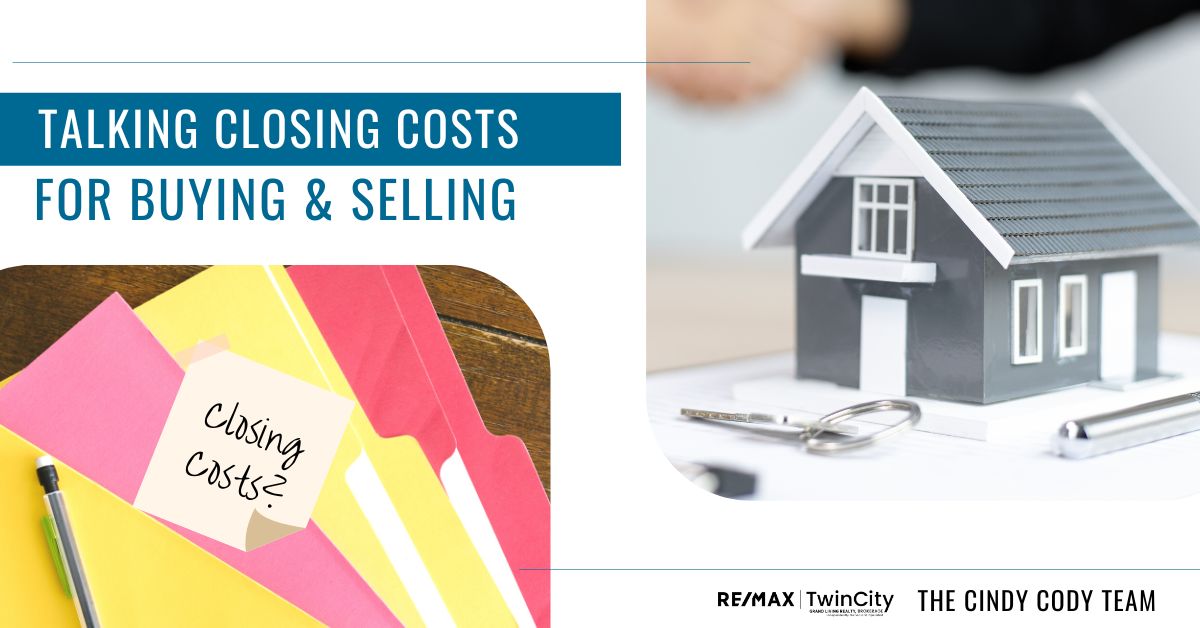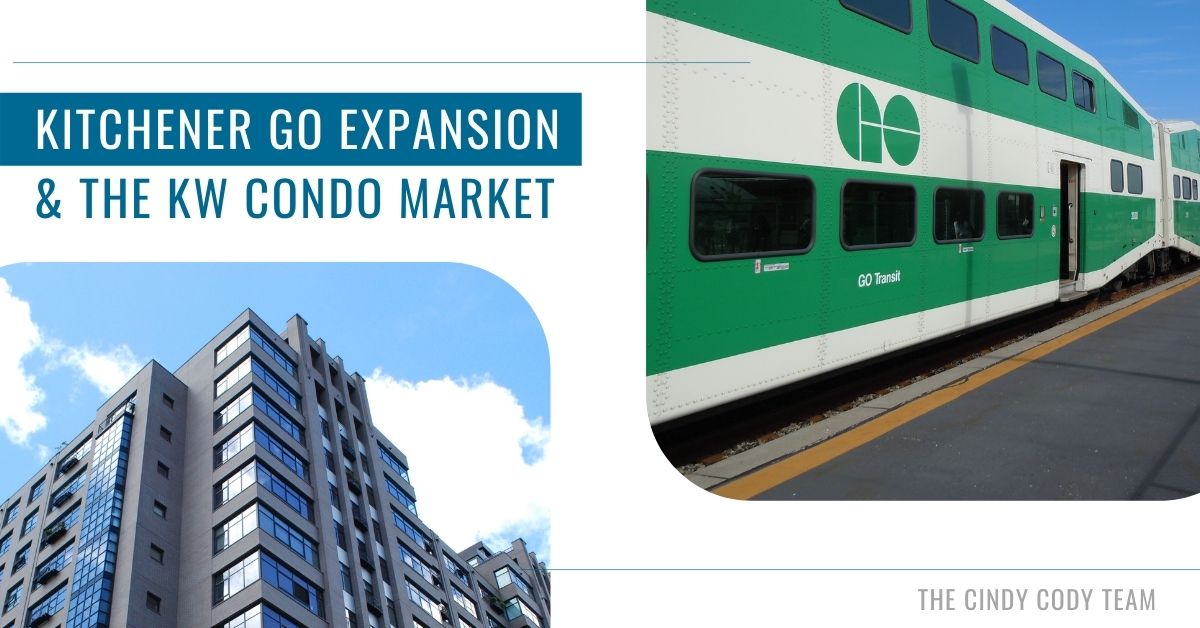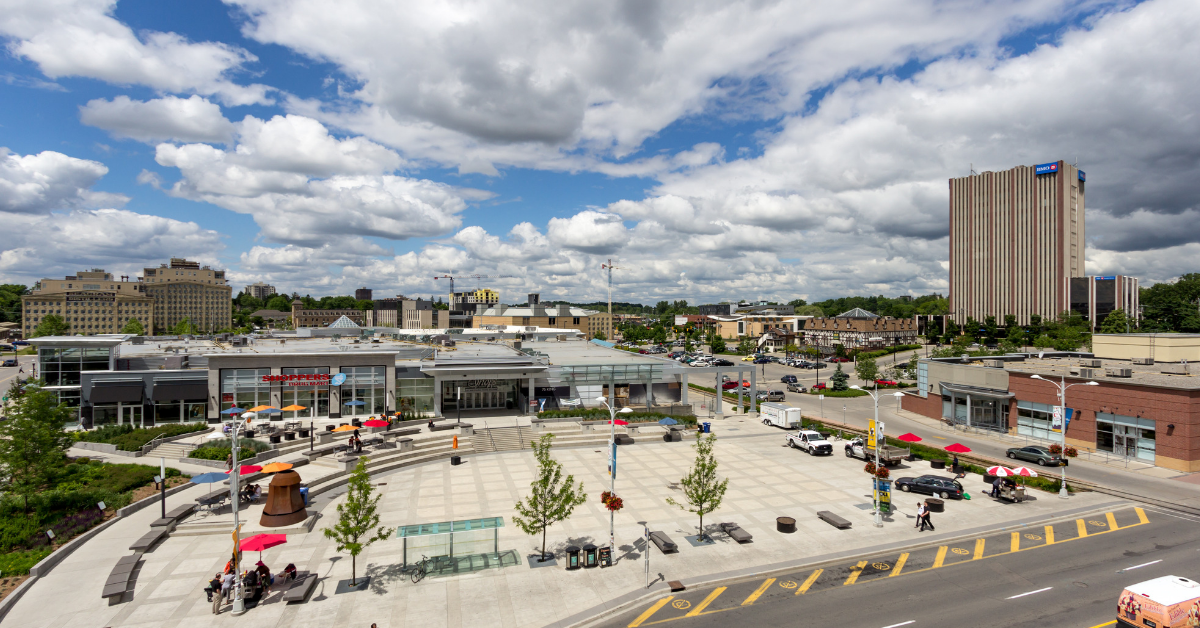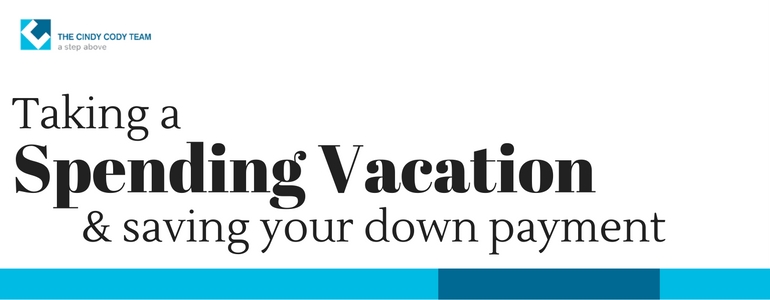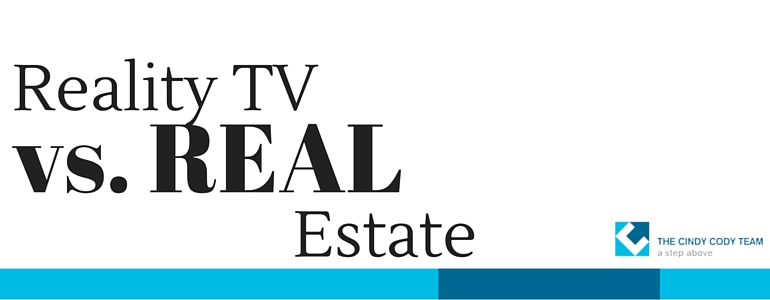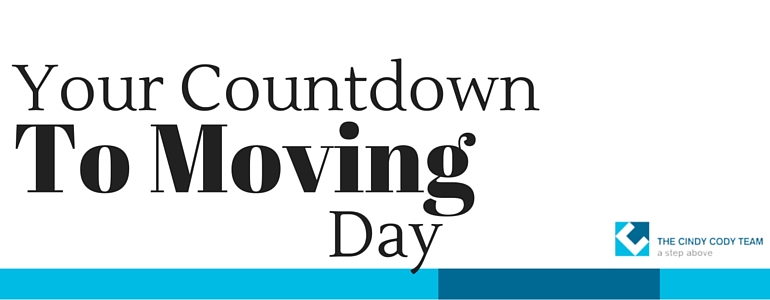What families love about settling down in Kitchener-Waterloo and which neighbourhoods top their list.
Kitchener-Waterloo has quickly become one of Ontario’s most desirable regions for families looking to put down roots. Blending small-city warmth with big-city conveniences, the area offers quality schools, safe neighbourhoods, and a thriving community spirit that makes newcomers feel at home from day one. Whether you’re expecting your first child or guiding teens through high school, the region offers a lifestyle that grows with your family.
In this guide, we break down what families love most about raising kids in Kitchener-Waterloo and highlight the neighbourhoods that consistently top their lists.
Excellent Schools and Diverse Learning Options
Families in Kitchener-Waterloo appreciate the strength and variety of the local education system. With both the Waterloo Region District School Board (WRDSB) and Waterloo Catholic District School Board (WCDSB), there are options for every learning style and preference.
Why parents appreciate KW schools:
- High-quality education with well-established programs in STEM, arts, French immersion, and special education.
- Advanced learning opportunities, including the International Baccalaureate (IB) program at Cameron Heights Collegiate Institute and Integrated Arts at Eastwood Collegiate Institute.
- Strong community engagement. Schools regularly partner with local organizations, libraries, and universities to enrich student learning.
- Proximity to post-secondary institutions, including the University of Waterloo, Wilfrid Laurier University, and Conestoga College, fueling an academic culture that benefits younger students.
Whether families choose public, Catholic, French-language, or private education, they find the schools here well-supported and deeply connected to the community.
Safe, Family-Centred Neighbourhoods
Kitchener-Waterloo is known for its safe streets, walkable communities, and friendly neighbourhood feel. Many areas strike the perfect balance between peaceful residential living and easy access to essential amenities.
What makes KW feel safe and welcoming:
- Well-maintained parks and trails, including the Iron Horse Trail, Walter Bean Trail, and expansive conservation areas.
- Active neighbourhood associations that host events, picnics, and seasonal celebrations.
- Accessible local services such as libraries, community centres, arenas, splash pads, and youth programs.
- Reliable transit options, including ION light rail and a growing network of cycling paths.
Families often note that Kitchener-Waterloo offers the security of a suburban environment without feeling isolated or disconnected from city life.
A Strong Sense of Community
Kitchener-Waterloo’s culture is rooted in collaboration, creativity, and inclusivity. Families quickly notice how easy it is to get involved, meet neighbours, and build a network of support.
Community highlights families appreciate:
- A packed calendar of festivals and events, from Oktoberfest and Christkindl Market to community block parties, multicultural festivals, and farmers’ markets.
- Accessible programming for all ages, including parent–child classes, youth sports leagues, art workshops, and science camps.
- A welcoming environment for newcomers, with active cultural associations and settlement support programs.
- Growing opportunities for work-life balance, supported by the region’s strong job market in tech, healthcare, and education.
Whether you’re joining a library storytime or cheering from the sidelines at a soccer game, there’s always a sense of togetherness.
Top Neighbourhoods for Families in Kitchener-Waterloo
While great family-friendly areas can be found across the region, some neighbourhoods stand out for their schools, amenities, and overall lifestyle.
- Laurelwood, Waterloo
Known for top-rated schools, stunning green spaces, and easy access to the university district, Laurelwood remains one of the most sought-after family neighbourhoods. Parents love its quiet streets, community centres, and proximity to Laurel Creek Conservation Area. - Beechwood & Beechwood West, Waterloo
These established neighbourhoods feature large family homes, access to community pools and tennis clubs, and close-knit community associations. They’re walkable, safe, and ideal for active families. - Colonial Acres, Waterloo
With spacious lots, strong schools, and a mix of mature homes, Colonial Acres appeals to families seeking an upscale, peaceful environment close to shopping and transit. - Doon South, Kitchener
Offering newer developments, trails, and excellent access to Highway 401, Doon South is popular with commuters and young families. It’s also home to Conestoga College and several well-regarded schools. - Huron Park, Kitchener
Known for its growth and family-centric planning, Huron Park provides playgrounds, new schools, walking paths, and a mix of detached and townhome options, perfect for first-time homebuyers. - Lackner Woods, Kitchener
Loved for its quiet feel and proximity to the Grand River, Lackner Woods has highly rated schools, new builds, and plenty of outdoor activities.
These neighbourhoods offer affordability, a historic charm, and access to great schools. They are ideal for families who want more space while staying close to KW amenities.
Looking to find a home in one of these neighbourhoods? Give us a call!
Why Families Choose KW to Call Home
At its heart, Kitchener-Waterloo offers a balance that’s hard to find elsewhere: a safe, vibrant community with exceptional schools, natural beauty, and room to grow. Families appreciate that the region offers:
- A lower cost of living than major urban centres
- A thriving job market
- A rich cultural landscape
- Family-first neighbourhood design
- Endless opportunities for kids to learn, play, and explore
For families planning a move, Kitchener-Waterloo represents not just a place to live, but a place to truly belong.
Thinking About Buying a Home in Kitchener-Waterloo?
If you’re considering making the move, we’d love to help you find the perfect neighbourhood for your family. From school districts and commute times to hidden gems and upcoming developments, we can guide you through the K-W market with confidence.
🢂Reach out today to start your home search and take the next step toward building your family’s future in Kitchener-Waterloo.


